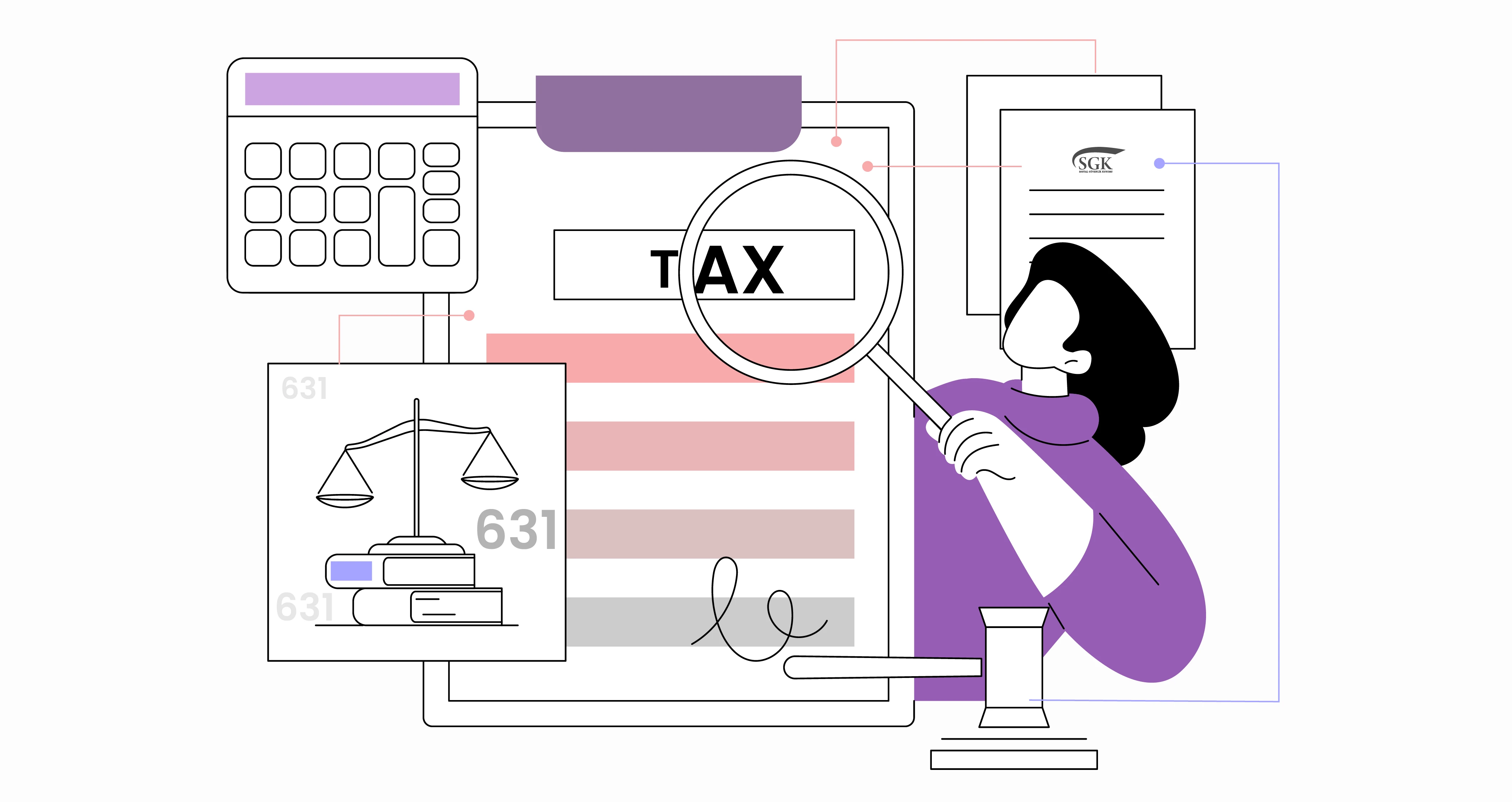Mandatory Payment of Wages Through Banks: An Analysis Within the Framework of Labor and Tax Legislation in Türkiye

In order to prevent unregistered employment, protect employee rights, and ensure financial oversight, it is a legal obligation under both labor and tax legislation in Türkiye for employers to make all types of payments to employees—such as wages, bonuses, premiums, and similar compensations—through banks.
While the obligation to pay wages via bank transfers is widely recognized under the Labor Law No. 4857 for workplaces employing more than a certain number of workers, the requirement under tax legislation to make payments exceeding a specified threshold through intermediary financial institutions and to substantiate such transactions with documentation issued by these institutions—is often overlooked in practice.
This article evaluates the obligation for employers to pay wages, bonuses, premiums, and any similar entitlements through banks, addressing the issue separately within the scope of both labor and tax legislation.
1. Obligation Under Labor Legislation
With the amendment made on June 4, 2025, to the "Regulation on the Payment of Wages, Bonuses, Premiums, and Similar Entitlements Through Banks," which was enacted pursuant to Article 32 of the Labor Law No. 4857, the minimum employee threshold triggering the bank payment obligation has been reduced from five to three. This regulation applies to employees employed under Law No. 5953 (Press Labor Law), the Labor Law, and the Maritime Labor Law.
Accordingly, regardless of the amount to be paid, all employers operating in Türkiye who employ at least three workers are legally required to make payments of wages, bonuses, premiums, and similar compensations to their employees via banks.
1.1. Scope of Application
- All types of payments—including wages, bonuses, premiums, advances, severance payments, and similar compensations—fall within the scope of the mandatory bank payment requirement.
- During bank transfers, the nature of the payment must be clearly indicated in the transaction description (e.g., "July Salary").
- In cases where there is no bank branch in the locality where the workplace is situated, or if it is not feasible to make payments through a bank, such payments may instead be made via branches of the Turkish Post and Telegraph Organization (PTT).
1.2. Sanctions
If an employer fails to comply with the requirement to pay wages, bonuses, premiums, and similar entitlements through a bank, as stipulated in the relevant regulation, an administrative monetary fine will be imposed pursuant to Article 102/a of the Labor Law No. 4857.
As of 2025, any cash payment made in violation of this obligation will be subject to an administrative fine of 2,179 Turkish Lira per employee and per month.
2. Certification Obligation Under Tax Legislation
2.1. Legal Basis
According to General Communiqué No. 575 on the Tax Procedure Law, issued pursuant to Article 257 (repeated) of the Tax Procedure Law, all collections and payments amounting to 30,000 TRY or more must be conducted through intermediary financial institutions (banks, PTT, or licensed payment institutions), and these transactions must be documented with records issued by such institutions.
Unlike labor legislation, this regulation introduces a monetary threshold irrespective of the number of employees. Therefore, even if an employer has only one or two employees, any payment to an employee that exceeds 30,000 TRY cannot be made in cash; it must be processed through an authorized financial intermediary.
2.2. Scope of Application
- All payments—such as wages, bonuses, severance pay, advances, directors' fees, and similar types of compensation—are subject to the certification requirement.
- If the total amount of the payment exceeds 30,000 TRY, the requirement applies regardless of whether the payment is made in a single transaction or in installments. In such cases, each installment must be executed through a financial intermediary.
- The following institutions are recognized as intermediary financial institutions within the scope of the certification obligation:
- Banks
- Payment and electronic money institutions authorized under Law No. 6493
- Post and Telegraph Organization (PTT)
- The documents issued by these institutions for the relevant payments are considered official proof of certification. These include:
- Bank transaction receipts (dekont)
- Account statements
- Receipts or similar official documents
2.3. Sanctions
Failure to comply with the certification requirement—namely, if payments are not made through intermediary financial institutions such as banks, authorized payment institutions, or PTT, or if such payments are not documented with official records like transaction receipts, account statements, or receipts—will result in a special irregularity fine imposed separately on both the payer and the recipient.
In accordance with Article 355 (repeated) of the Tax Procedure Law, this fine is calculated:
- Per transaction
- At a rate of 10% of the transaction amount
- Subject to a minimum penalty threshold set annually (for 2025, the applicable minimum limits will apply)
Minimum Special Irregularity Penalties for 2025
| Taxpayer Category | Minimum Penalty Amount (2025) |
|---|---|
| First-class merchants and self-employed professionals | 28,000 TRY |
| Second-class merchants, farmers keeping statutory books, and taxpayers under the simple earnings regime | 14,000 TRY |
| All others not listed above | 7,000 TRY |
Conclusion and Recommendations
Although labor legislation requires employers to pay wages through banks only if at least three employees are employed at the workplace, tax legislation bases this obligation not on the number of employees but on the amount of the payment. As of 2025, the monetary threshold has been set at 30,000 TRY; any payment exceeding this amount must be executed through intermediary financial institutions and properly documented.
This payment requirement is not limited to salaries alone—it also includes wages, premiums, severance payments, advances, attendance allowance, bonuses, and any other type of compensation made to employees. The threshold applies not only to lump-sum payments but also to the cumulative total of multiple partial payments made to the same individual.
Accordingly, regardless of the number of employees, it is highly recommended that employers process all types of payments to their employees via banks in order to mitigate potential financial and legal risks.
The purpose of the payment must be clearly indicated in the transaction description. This practice not only fulfills the certification (tevsik) obligation under tax regulations but also serves as crucial evidence in the event of disputes that may arise later.
In conclusion, making payments through banks:
- Ensures compliance with both tax and labor legislation
- Eliminates the risk of dual administrative fines
- Provides evidentiary advantages in audits, employment disputes, and legal proceedings
Should you have any queries or need further details, please contact your customer representative.
-
-
Notification!




